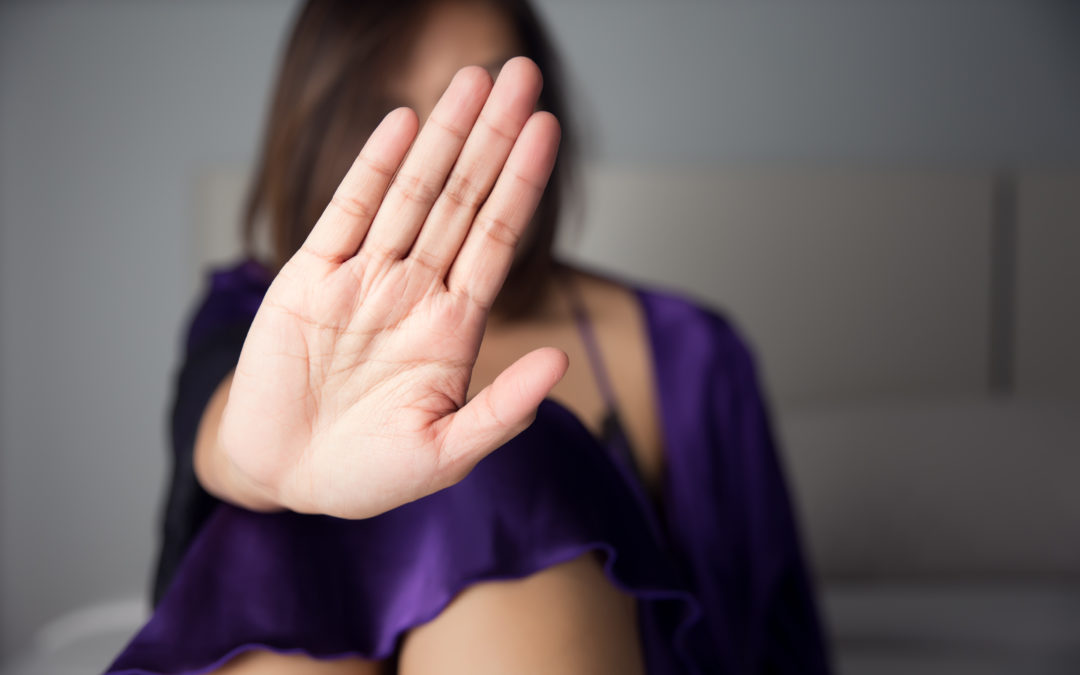Menstrual cycle with heavy bleeding – which can actually become a haemorrhage, lower abdomen pain, loss of libido, feeling compression on your inner organs: these are just some of the problems caused by uterine fibroids, which can severely affect a woman’s sexual life.
The presence of fibroids can indeed undermine a woman’s sexuality: frequent and heavy bleeding is clearly an obstacle when it comes to having sexual intercourse, but anaemia and fatigue too take their toll on a woman’s sex drive. As a matter of fact, a number of studies have shown that ferritin (the protein that stores iron) is a parameter associated, in women, with psychophysical energy and libido.
Let us quickly remind you that a uterine fibroid is the most frequent form of benign tumour of the female reproductive system. It is caused by an abnormal growth of the uterus’ smooth muscle tissue. Incidence ranges from 20% to 80%, depending on the woman’s age: it is more likely to develop in childbearing age and tends to regress after menopause, since its formation is stimulated by hormone production.
A uterine fibroid is not dangerous per se, but when it causes symptoms it can undermine a woman’s general health and sexual health. The situation can precipitate if, aside from symptoms listed above, a woman starts feeling abdomen or bladder heaviness, the need to urinate frequently and a sort of rectal pressure.
Uterine fibroids can therefore jeopardise a couple’s sexual life, in several ways: they affect sexual identity and femininity and they disturb the quality of the relationship, if – for example – the woman falls into depression (anaemic patients are twice as exposed to this risk as other patients). Furthermore, if the fibroid grows on the posterior surface of the uterus, it can lead to constipation-like symptoms or pain during sexual intercourse.
Lastly, we should not overlook the fact that the impact uterine fibroids have on a couple’s intimacy is compounded by the implications that arise within the woman’s emotional sphere, because fibroids affect the uterus, the organ that symbolises femininity. For this reason, an element you should always bear in mind when choosing the therapeutic approach to uterine fibroids is the strong symbolic value the uterus has, in terms of femininity, and the woman’s perception of identity.

Recent Comments